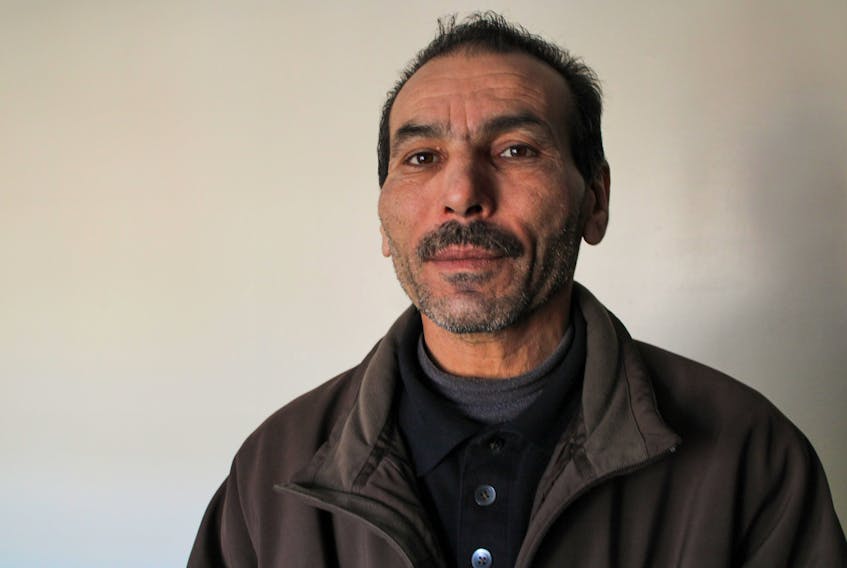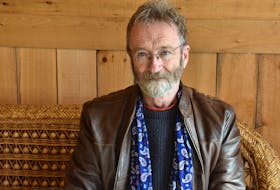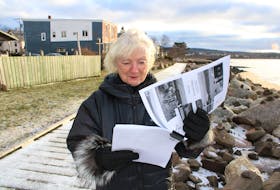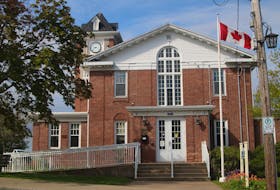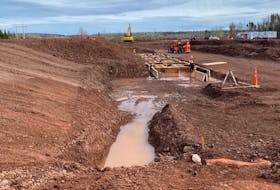Affordable housing is a problem for many long-term residents of Nova Scotia, but what about the influx of immigrants who just left their homes to find nothing left waiting for them?
A natural-born adventurer, Carli Grobler, 32, spent her life moving around to different countries with her family. When it came time for Grobler and her husband to leave their home in South Africa, and the couple settled in Nova Scotia earlier this month because people are friendly and outdoorsy.
The couple are in plenty of company. Nova Scotia welcomed a record-setting 7,580 new permanent residents last year, according to numbers released this week, surpassing the previous record of 5,970 in 2018.
But problems arose before the couple even arrived.
“We were looking for a somewhere to stay before we got to Canada," Grobler said in a recent interview.
“It took us three weeks after we arrived here, but we got very lucky – others weren’t as fortunate.”
Grobler and her husband found their current apartment after noticing someone had moved out of the Dartmouth building where they had been staying temporarily.
“There was nowhere under $1,000,” said Grobler, adding that she had noticed students and people earning low wages were also struggling to find a home.
That comes as no surprise with Halifax’s vacancy rate on a continuing decline, reaching as low as one per cent in 2019. Now an average two-bedroom apartment in Halifax costs around $1,200. That's almost a $200 jump from 2015, according to Statistics Canada.
Mohamed Al-Ismaeel his wife and their seven children moved to Halifax from their temporary home in Lebanon three years ago as Syrian refugees. Al-Ismaeel recently moved out of his $1,600 apartment after two of his children turned 18 and were no longer eligible for federal assistance.
He now lives in a three-bedroom public housing townhouse with his wife and their five younger children.
“Some people have it worse,” he said in Arabic.

Al-Ismaeel was looking for a much cheaper place to live even before his move into the townhouse. He figures he got lucky only waiting three years to find the townhouse, while others might take much longer to find something affordable.
With federal assistance, he has to pay $400 a month. But his power bill is much higher than their last home at about $550 a month. Al-Ismaeel said that the allowance he receives from the government doesn't cover all their housing or living expenses.
“It’s either we find somewhere to live or be fed, watered and clothed,” he said.
Al-Ismeeal shops mostly at Value Village for clothing and sometimes goes to foodbanks to feed his family.
He can't understand why Canada agreed to bring in refugees if they must constantly live under financial stress.
Both Grobler and Al-Ismaeel contacted the Immigrant Services Association of Nova Scotia when they first arrived in Canada. ISANS representatives have since checked on Grobler and her husband to make sure they found a permanent place to live, while they helped Al-Ismaeel and his family find their first apartment.
ISANS chief executive Jennifer Watts said she’s “it’s hard to find somewhere that’s affordable and accessible as well (for immigrants).”
When immigrants first arrive, Watts said they usually don't have cars, or driver's licences, so finding somewhere that’s close to bus routes and reasonable is a challenge.
She’s working with the city and other organizations to make sure immigrants find suitable homes when they arrive in Canada.
“They’re an important part of our economy," Watts said. "It’s very much about us becoming more of a diverse community as well."

